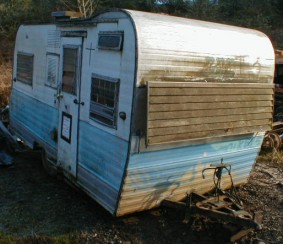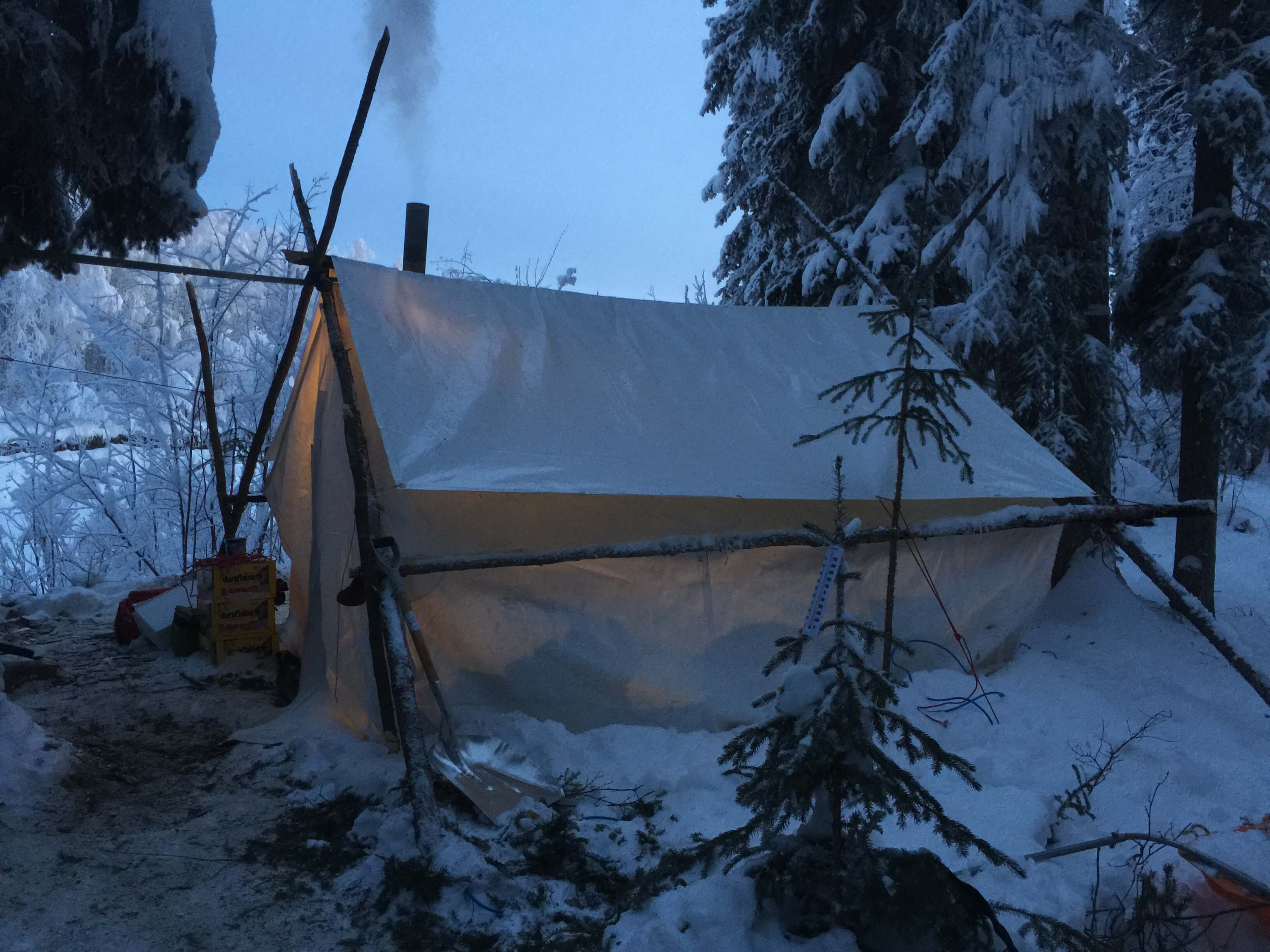Bugging out, evacuating, running for your life, whatever you wanna call it every prepper needs to consider this option. In this series we’ll discuss all things evacuation.
Many preppers have decided that they are never going to leave. After all, the years of hard work fortifying your home, the money invested in food, water, and other preps are hard to give up and leave behind. However, there are any number of reasons that the choice to bug out may not be left up to you. Forest fires, floods, and chemical spills are just a few reasons you may have to bug out in a hurry. These examples are all taken from recent Canadian history by the way. Yes, they do happen! Deciding to stay no matter what is simply an ignorant choice.

Fort McMurray 2016
Simply put, you may one day need to evacuate, but forget about bug out bags and overpriced jacked up armor plated bug out trucks for a moment. The first question to be answered is “where are you going?”. This will depend greatly on the circumstances. Most preppers would agree that shelters set up by various relief agencies or local governments are less than ideal to say the least, unless you like staying with hundreds of other evacuees in smelly school gymnasiums eating whatever unappetizing foods and watered down Gatorade may be available.

If the situation is very localized, limited to perhaps a small part of your town, then friends or family members may be an option. This option has the benefit of being free and somewhat comfortable. Even if you need to sleep on cushions on the floor, you will have access to bathroom facilities and showers, hot meals, and a real roof. Privacy may be somewhat limited, but at least you’re not among strangers. Keep in mind that house guests are like leftovers in the fridge and begin to stink after a few days. Another option for a very localized event is a motel. Although not free, they will offer a touch more comfort than the above couch surfing option. Keep in mind that most, if not all will require a credit card and a reservation. Keep a list of them and their phone numbers in your cellular appendage.
For more regional emergencies, you may need to evacuate to another town. Often, emergency services will be able to direct you to open routes out of harms way, but having your own options for travelling is good practice if you are aware of where the dangers are. Again, friends and family as well as motels are good options here. Store a list in a variety of neighboring towns in your phone. Credit cards will also be a must for the motels.

I’m going to stop here for a minute and address the doomsday crowd before the comments about credit cards come flying in. We have been discussing local and regional disasters up to this point. While services like electricity may very well be cut in the disaster area, this will not likely be the case outside of the immediate area. This is not a worldwide super virus zombie apocalypse scenario. Is cash a good idea? Sure, but we’re not even there yet so hang tight for a bit.

Now, for more intense, longer lasting emergencies one may want to consider having their own secondary property. While this may sound expensive, there are options here. Look for smaller towns within easy driving distance and find out from the town council if there are any abandoned properties they may have for sale. Often a town will reposes a property for outstanding taxes and are more than happy to part with them for very little money in order to get that property generating tax revenue for them again. In my town I have seen properties sell for as little as $100 for about a half acre. These types of properties most often will not have any structures on them, but old travel trailers can be found for a couple thousand or less if you’re willing to put a little TLC into them. Instant cheap bug out property!

Now, let’s talk about larger, multi acre remote properties. I know a lot of preppers that pursue this avenue. While it sounds like a great idea if you can afford it, you may want to consider this option with caution. These types of bug out locations are maintenance heavy at best. You will likely find yourself putting a lot more effort into developing it than you can reasonably put forth. One of two things often happen here. Either the property is sold for lack of time to maintain it, or the buyer ends up moving there permanently. In the case of a permanent relocation, you find yourself without a bug out location and have to start the exercise all over again. Consider this before you buy.
One last option that way too many preppers promote is the backpack into crown land backwoods. While many have exceptional bushcrafting and survival skills, this is just plain dangerous. Very few people will ever develop enough skills to make any long term survival possible, let alone comfortable.

Next week: The Art Of Bugging Out Part II – Being ready to bug out.
